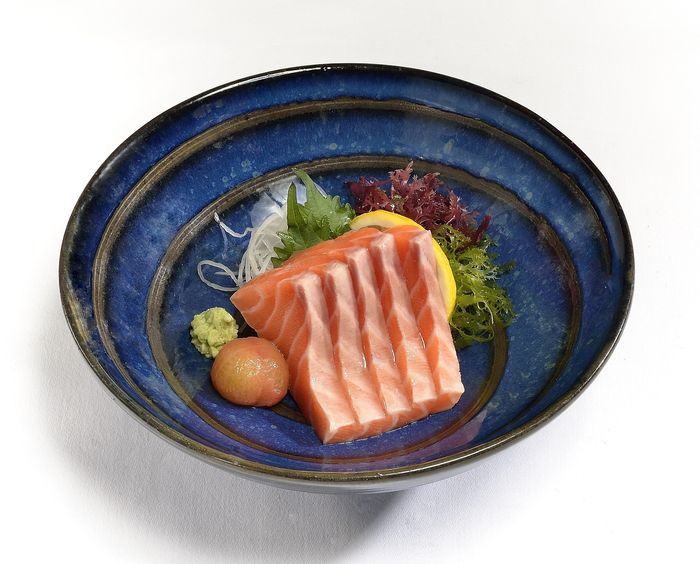Wasabi Linked to Improved Memory

New research coming out of Tohoku University suggests that wasabi is good for the ability to remember. Wasabi, a spicy green paste, is eaten in small amounts in sushi and along with other Japanese dishes. It is made from the wasabi plant, a member of the mustard family.
A recent study tested people between the ages of sixty and eighty. Some of the test subjects took a wasabi extract nightly before going to bed. The other test subjects were given a placebo. After three months, the people who took the wasabi extract had significantly better results in short-term and long-term memory tests. The placebo-takers did not show any improvement.
Wasabi was already known to contain an antioxidant and anti-inflammatory called 6-MSITC that is rare in other plants. The researchers think that 6-MSITC might affect the hippocampus in our brains, the area that is responsible for memory function. They will continue researching with the hope that wasabi can help people that are experiencing dementia.
This new research seems to be good news for sushi-eaters, but alas, most wasabi that is served in Japan is not real wasabi. Instead, it is white horseradish that has been dyed green. Real wasabi is difficult to grow and, as a result, is very expensive. It also needs to be grated and served fresh immediately before being eaten.
Source: cbsnews.com, mdpi.com
For source links, see the article on ESLNewsStories.com
Audio
Hear the article spoken:
Useful Language
- Memory (n) - the ability to remember
- Extract (n) - a concentrated substance that is made from a larger amount
- Placebo (n) - a fake medicine that is often given in research
- Antioxidant (n) - a substance like vitamin C that removes bad molecules from a person’s body
- Anti-inflammatory (n) - a substance that reduces pain and swelling
- Hippocampus (n) - a part of the brain
- Dementia (n) - a medical condition that causes memory loss and is more common in old people
- Horseradish (n) - a plant whose root has a strong taste
Discussion
Discuss the following questions with your partner(s).
- What did you think about this story? Was there any surprising information?
- Are you good at remembering names or faces? What is difficult to remember for you?
- Which is better between your short-term memory and your long-term memory?
- Are you worried about losing your memory as you get older?
- How does dementia affect a person?
- What is your earliest memory? How old were you? What happened?
- Do you like sushi? How about wasabi?
- Are you a fan of Japanese food? Which dishes have you tried?
- Do you like to put condiments like wasabi, ketchup, or mayonnaise on your food? What’s your favorite condiment?
- What supplements do people often take to stay healthy? Are they effective, in your opinion?